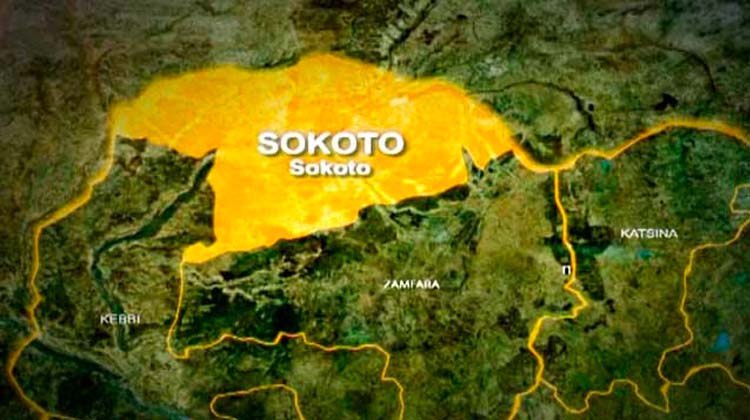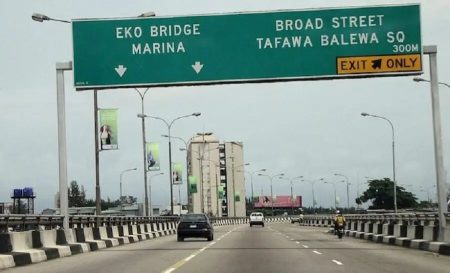The atmosphere in Sokoto State is thick with apprehension following unconfirmed reports of potential protests stemming from the tragic deaths of 16 hunters in Uromi, Edo State. This incident, involving local hunters in Edo State, has ignited anxieties in Sokoto, particularly among non-indigenous communities, especially those of Igbo descent. Businesses owned by these groups, predominantly located in commercial hubs such as Bello Way, Emir Yahya, Sahara, and Aliyu Jodi, remained closed as a precautionary measure. The fear of retaliatory attacks and looting has driven many shop owners to lock their doors, opting for safety over commerce. The memory of past incidents, notably the protests following the Deborah Samuel incident, where some businesses were targeted and looted, has fueled this preemptive response. The Igbo community, having experienced such vulnerability in the past, appears determined to avoid a similar fate.
The palpable fear resonating within the Igbo community underscores the deep-seated unease and vulnerability they experience in the face of potential unrest. Shop owners, recounting their reasons for closing, emphasize the need for proactive measures to protect their livelihoods. Having witnessed and experienced the destructive aftermath of previous protests, they have chosen to prioritize safety and prevent potential losses. This preemptive action reveals a learned response to a perceived threat, where past experiences dictate present actions. The decision to close shop is not simply a reaction to rumors but a calculated move based on historical precedent, highlighting the recurring pattern of targeted attacks during periods of social unrest.
The closure of businesses is a significant indicator of the level of anxiety gripping the non-indigene community in Sokoto. It represents not only an economic disruption but also a social fracture, underscoring the fragility of inter-communal relations. The fear of becoming targets of violence compels these individuals to retreat, effectively isolating themselves from the broader community. This self-imposed isolation highlights the existing social fault lines and the lack of trust between different ethnic groups. The incident in faraway Edo State has triggered a chain reaction of fear and uncertainty in Sokoto, amplifying existing tensions and reinforcing the need for stronger community cohesion.
The Sokoto State Police Command has responded to the escalating tension by deploying personnel across the metropolis to maintain law and order. Their presence aims to deter any potential violence and reassure residents of their safety. The police spokesperson, DSP Ahmed Rufai, has publicly reaffirmed the command’s commitment to safeguarding lives and property. This proactive deployment of security forces is a crucial step in mitigating the risk of escalation and preventing any potential outbreak of violence. The police presence serves as a visible deterrent and a reassurance to the concerned communities, demonstrating the state’s commitment to maintaining peace and protecting its citizens.
Despite the heightened anxiety and precautionary measures taken by the non-indigene community, no actual attacks or protests have been reported as of the latest update. The situation remains tense but contained, with security forces actively monitoring the situation and engaging in preventative measures. While the rumors have sparked fear and prompted businesses to close, the absence of concrete incidents suggests that the situation, although precarious, is under control. The swift response of the police and the proactive measures taken by the community appear to have averted any immediate threat, highlighting the importance of timely intervention and community preparedness in managing potential crises.
This incident shines a light on the complex interplay of inter-communal relations and the lingering impact of past events. The fear experienced by the non-indigene community, particularly the Igbo population, reflects a historical pattern of vulnerability during periods of social unrest. The proactive closure of businesses, though disruptive, serves as a testament to their learned resilience and underscores the need for continued efforts to bridge social divides and foster a more inclusive and secure environment for all residents. The proactive deployment of security forces and the absence of reported violence, despite the heightened tensions, offer a glimmer of hope and demonstrate the positive impact of swift and decisive action in preventing escalation. However, the underlying anxieties and the need for stronger community cohesion remain, emphasizing the ongoing work required to build trust and ensure the safety and security of all citizens in Sokoto State.














